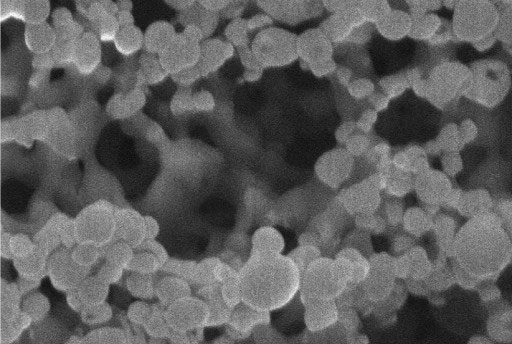US
scientists have discovered a method of treatment of new-onset diabetes -
injecting nanoparticles helps maintain blood sugar levels within the
normal range for over a week.

Insulin is the usual method for the treatment of diabetes. However, this method must be used several times a day and risks to health if high dosage is incorrect. With the new method - injecting nanoparticles - these problems will be solved completely. This method is based on the mechanism of insulin release nano networks when blood glucose levels exceeded the permitted level.

This network is made up of nano mixture containing nanoparticles with a
solid core or insulin, dextran (substances used to replace blood
plasma) and the enzyme glucose oxidase. When blood sugar levels rise, the enzyme that converts glucose into gluconic acid dextran break, releasing insulin. Gluconic acid and dextran biocompatible together and will be dissolved in the body during insulin hypoglycemia in normal range.
The nanoparticles are biocompatible government negatively or positively
to the mix, they will attract each other forming nano networks.
The coating is made of positively charged chitosan, a substance found
in shrimp shells while the coating is made of negatively charged
alginate, a substance commonly found in seaweed.
Dr. Gu Zhen, an assistant professor of biomedical engineering program
of cooperation between North Carolina State University and the
University of North Carolina at Chapel Hill, said: "This technology
creates a closed system mimics operation of the pancreas in a healthy,
stable release of insulin for blood sugar levels. It helps improve the health and quality of life for patients with diabetes. "
This technology was developed by researchers at North Carolina State
University and the University of North Carolina at Chapel Hill,
Massachusetts Institute of Technology and Boston Children's Hospital. This method has been tested to be effective to maintain normal blood sugar levels in more than a week to animals. Currently, researchers are continuing to progress to complete clinical trials on humans.



0 comments:
Đăng nhận xét